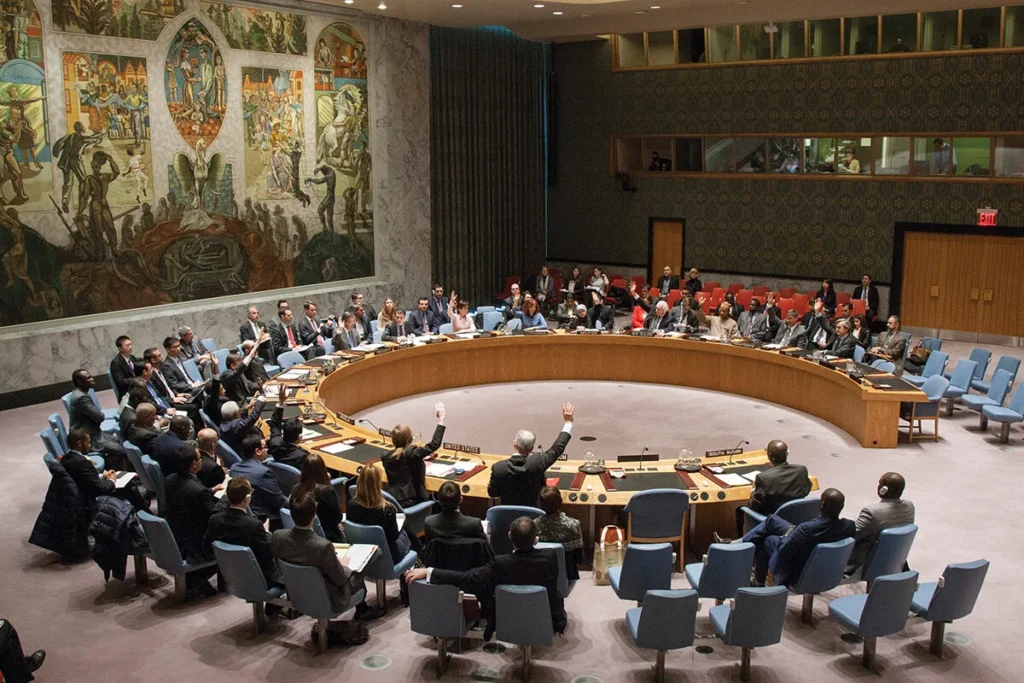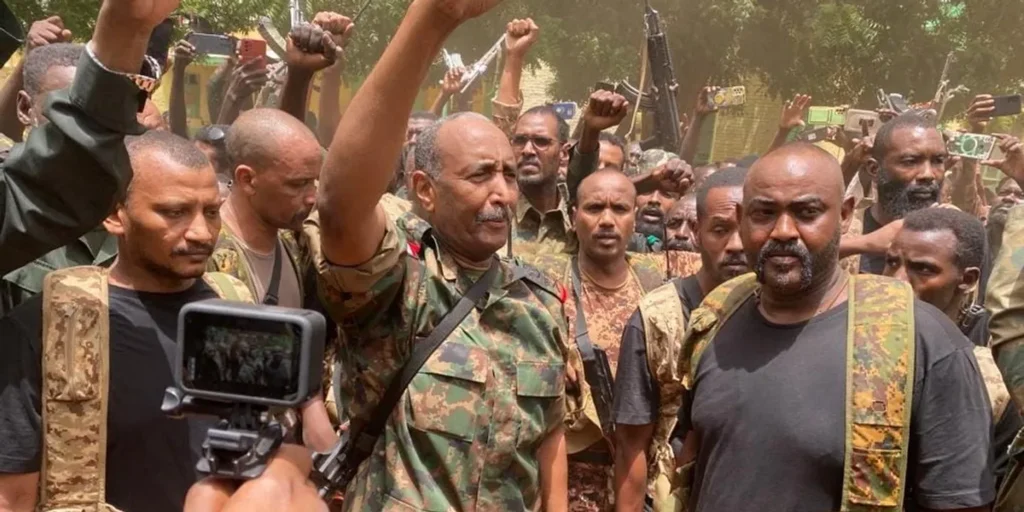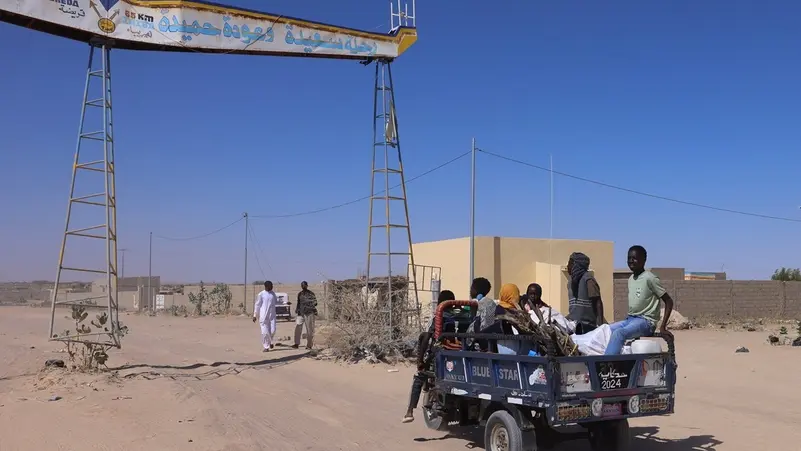
In strife-ridden Sudan, where disorder and fuel scarcities have paralyzed conventional motor traffic, citizens are reverting to the use of donkey carts, even for crucial journeys to medical facilities.
In a small town south of Khartoum, the capital, Hussein Ali has been actively transporting patients to a clinic using a makeshift wooden carriage functioning as an improvised ambulance.
“Just an hour ago, I transported a woman in labor from a village 15 kilometers (nine miles) away,” Ali shared with media near a clinic in Tamboul, Al-Jazira state.
The vehicle, colloquially known as a “caro” in Sudanese Arabic, has once again become a common sight in numerous states, providing the only means of transferring patients from villages to hospitals.
Sudan has been gripped by a brutal war claiming thousands of lives, with up to 15,000 casualties reported in a single Darfur town, according to UN experts, since last April, displacing millions.
The conflict involves the regular army, led by Abdel Fattah al-Burhan, against the Rapid Support Forces (RSF) led by his former deputy, Mohamed Hamdan Dagalo. As the RSF controls significant territories, including Khartoum and the western Darfur region, civilians find themselves stranded without regular road transport due to checkpoints and depleted petrol stations.
Since the RSF’s takeover in December of central Al-Jazira state, previously a relatively secure area, nearly half a million people have fled, while millions who couldn’t or wouldn’t leave remain trapped, facing insecurity, severe shortages, and a worsening health crisis.
With roadblocks and petrol scarcity, civilians have been forced to abandon regular road transport. Fuel suppliers from army-controlled areas have not replenished petrol stations in Al-Jazira, resulting in a 20-fold increase in the price of scarce fuel.
In this challenging environment, citizens like Al-Taher, a former bus driver, have resorted to using donkey carts for transport. Fearful of retaliation, Al-Taher revealed, “Even if I did take my bus out, there are no petrol stations to get fuel from.”
Local businesses, including shop-owner Bakri Khaled, are also affected. Khaled now pays for a bumpy 13-kilometer ride on a horse-drawn cart daily to reach the market in Tamboul, citing the war’s impact on travel time and costs.
Notably, amid the adversity, donkey and horse trader Abdelrahman Al-Zein has witnessed increased demand, leading to a surge in the prices of donkeys, horses, and carts.




